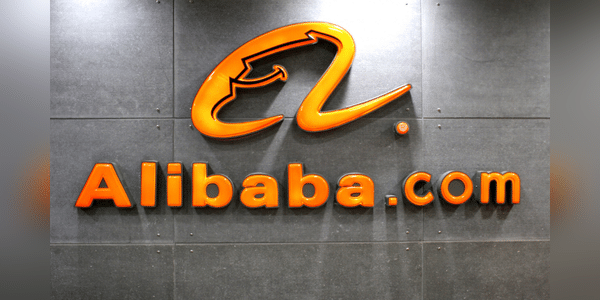Chinese technology company Alibaba has significantly expanded its offerings in the field of generative artificial intelligence. Earlier this week, it unveiled new open-source AI models and text-to-video technology, adding to the growing competition in generative AI not only in China but also globally.

Introduction to generative AI and Alibaba's steps
Generative AI, which includes systems capable of creating new content such as text, images or videos, has experienced a huge boom in recent years. This development is being spearheaded by technology companies not only in the US but also in China. Alibaba $BABA has decided to make the most of this opportunity and is investing in developing its own product offering in this area.
On Thursday, Alibaba officially unveiled more than 100 new open-source models from the Qwen 2.5 familywhich was first introduced in May this year. The move is evidence of the hybrid approach the company has taken, combining both proprietary (closed) and open-source…